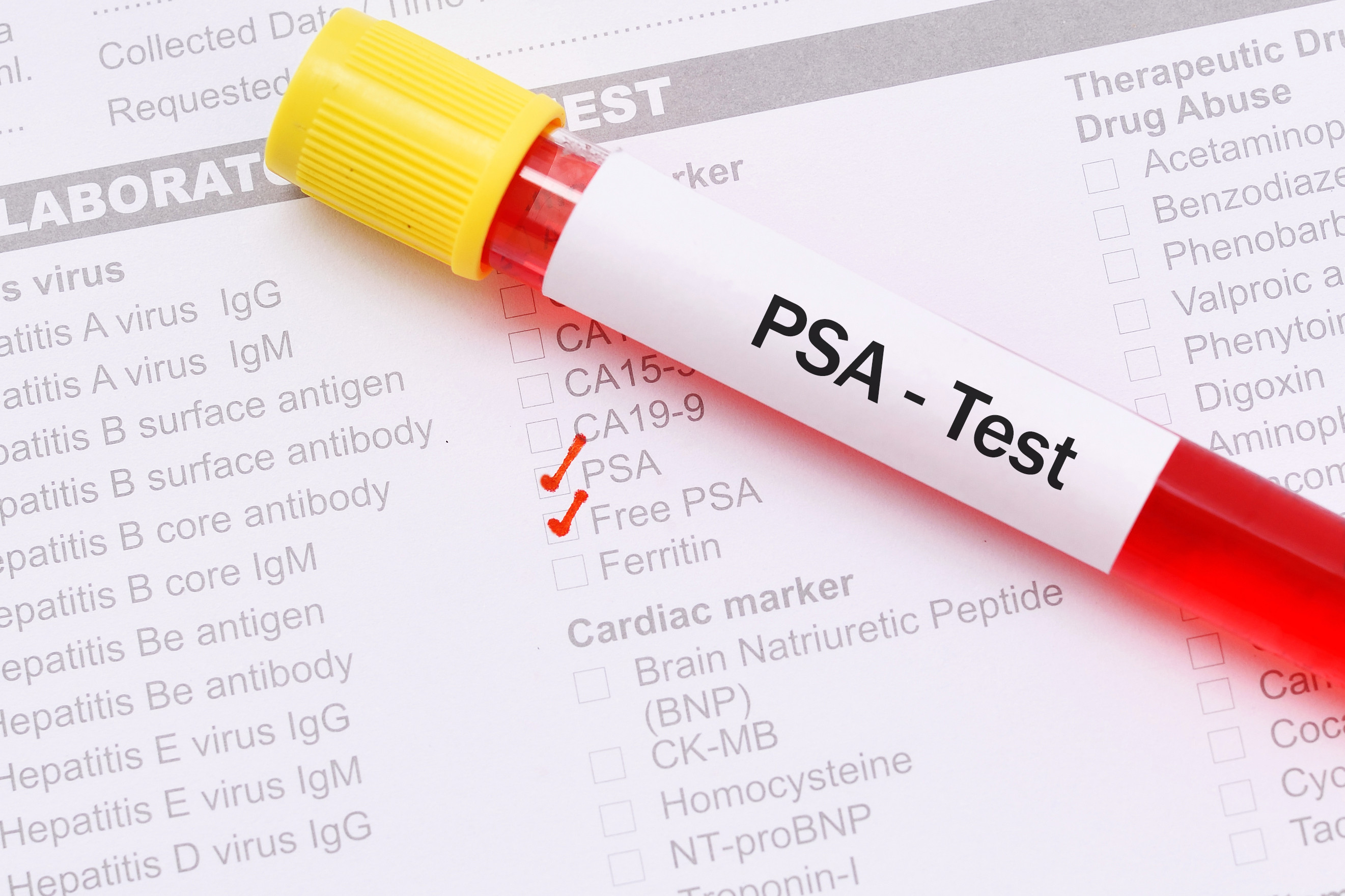
5 timeless habits for better health

What are the symptoms of prostate cancer?

Is your breakfast cereal healthy?

When pain signals an emergency: Symptoms you should never ignore

Does exercise give you energy?

Acupuncture for pain relief: How it works and what to expect

How to avoid jet lag: Tips for staying alert when you travel

Biofeedback therapy: How it works and how it can help relieve pain

Best vitamins and minerals for energy

Should you take probiotics with antibiotics?
Harvard Health Blog
Read posts from experts at Harvard Health Publishing covering a variety of health topics and perspectives on medical news.
Articles
Drug combo better at easing BPH than either drug alone
Study shows that taking both dutasteride (Avodart) and tamsulosin (Flomax) might be more effective at easing symptoms than taking just one.
Continuous vs. intermittent hormone therapy (IHT): No survival difference
Given the beneficial effects and the lack of a survival difference, intermittent hormone therapy may be a preferred regimen for men with advanced prostate cancer.
PSA screening: What doctors tell their patients
Fifteen Harvard-affiliated physicians discuss their recommendations for PSA screening.
What does a fluctuating PSA mean?
If your PSA has varied greatly and biopsies have been negative, you might want to try a different testing regimen.
Can nerve grafts restore erectile function?
Studies have shown that some men who have their neurovascular bundles removed during a radical prostatectomy may regain erectile function with nerve grafts. But a patient’s best bet for preserving erectile function is to find an experienced surgeon.
Treating prostatitis: Any cause for optimism?
Standard treatments for prostatitis, including antibiotics, anti-inflammatory medications, and alpha blockers, are often ineffective. Patients might find relief by using drugs currently in clinical trials or nontraditional therapies such as biofeedback and myofascial trigger release, a form of massage.
Blood calcium levels may be linked to prostate cancer death
Research finds that men with high blood calcium levels are more likely to develop fatal prostate cancer than men with lower blood calcium levels.
Second BPH drug reduces prostate cancer risk
Like finasteride (Proscar), dutasteride (Avodart), a drug used to treat benign prostatic hyperplasia (BPH), may also reduce the risk of prostate cancer.
What is a “PSA bounce?”
I had brachytherapy to treat my prostate cancer and my PSA had dropped to 0.3 ng/ml. But six months ago, my PSA had gone up to 0.5, and now it’s up to 0.8 ng/ml. I’m worried that the cancer is back; my doctor said it could be a “PSA bounce.” What’s that?
Can a vasectomy increase prostate cancer risk?
Experts conclude that there is no association between vasectomy and prostate cancer risk.
What’s the downside to a biopsy?
Even if my father takes antibiotics beforehand, could he develop a serious infection when he has a prostate biopsy later this year? Are there other possible complications we should be on the lookout for?
How soon can I bike after a biopsy?
I am an avid bicyclist, and I am having a prostate biopsy in a few weeks. How long do I need to wait after the biopsy before I can start biking again?
What if I have prostate cancer and lymphoma?
There’s no one correct course of action. In general, experts recommend first treating whichever condition is worse.
Am I too old to have prostate surgery?
A radical prostatectomy is a major operation that can lead to serious complications. If a man is older than 75, his doctor may not want to operate on him.
Do I need to use condoms after prostate surgery?
Yes. Even if a man doesn’t ejaculate, sexually transmitted diseases (STDs) can still be passed from one partner to another during sexual activity.
Experimental therapies for prostate cancer
Androgen deprivation, whether through surgical removal of the testicles or with medication, is an effective treatment for recurring prostate cancer — at least for a while. An improved understanding of the biology of prostate cancer has led to the development of two drugs that might slow disease progression in prostate cancer patients whose disease no longer responds to androgen deprivation.
Stress and benign prostatic hyperplasia (BPH)
Some evidence suggests that stress reduction may ease symptoms of an enlarged prostate.
Can hormone therapy cause muscle loss?
I am currently undergoing hormone therapy with leuprolide (Lupron) injections to shrink an enlarged prostate. I believe I’ve noticed some muscle loss. Is this possible?
Botox for BPH?
It may sound like a promising approach, but there’s a lot we don’t know about using Botox to treat an enlarged prostate.
Pomegranate juice may slow prostate cancer progression
Drinking 8 ounces of pomegranate juice a day may slow disease progression, as measured by PSA.
Avoiding complications of anti-androgens: A patient’s story
Sixty-five-year-old George Lincoln* never suspected that anything was wrong. Aside from some of the typical side effects of hormone therapy for his prostate cancer, such as fatigue, occasional hot flashes, mild weight gain, and a loss of libido, he felt okay. He didn’t have abdominal pain, nausea, jaundice, or any other symptoms that might indicate a potentially life-threatening problem.

5 timeless habits for better health

What are the symptoms of prostate cancer?

Is your breakfast cereal healthy?

When pain signals an emergency: Symptoms you should never ignore

Does exercise give you energy?

Acupuncture for pain relief: How it works and what to expect

How to avoid jet lag: Tips for staying alert when you travel

Biofeedback therapy: How it works and how it can help relieve pain

Best vitamins and minerals for energy

Should you take probiotics with antibiotics?
Free Healthbeat Signup
Get the latest in health news delivered to your inbox!
Sign Up



